ISSUE WARNING: SPOILER ALERT!
November 5, 2021

From a glance, the title Squid Game camouflages itself like as if it were a show about underwater creatures, however, some may recognize Squid Game as a childhood game where director of the show, Hwang Dong-Hyuk explains that, “It was very physically demanding, and so every time we played someone would get injured, have their clothes torn or cry… It would always be the last game of the day.” However, this is not the only case, as other traditional Korean childhood mini-games that once seemed innocent are turned into a violent competition, for particularly “Red light, Green light”, where when a person has their head turns around and yells green light and you move towards them, but as soon as they turn around you and yell red light, you have to remain motionless or else you are eliminated, but in the case of Squid Game, you are literally “eliminated”. These games turned brutal and grim as they were fueled by desperation and greed where the sole winner of the competition is due to boundless wealth. Although Squid Game may be fictional, it integrates the diversity of South Korean culture along with also critiquing the problems that lay within money.
Squid Game originating from South Korea does it’s best to contribute to the diversity of the country. Many if not all of the contestants consist of Korean citizens who are impoverished along with a variety of character scenarios that define the diversity of South Korea. For example, Ali, who is a migrant worker from Pakistan who is taken advantage of by his boss, Sae-Byeok, a North Korean defector, Gi-Hun, a divorced middle-aged gambling degenerate who still lives with his mother and steals her money, Sang-Woo, Gi-Hun’s childhood best friend who is in debt after embezzling millions, and Il-Nam, an elderly man who decides to give his last triumph in hopes for “boundless wealth”. According to Eric Lim, a born native of South Korea and die-hard fan of the show who currently attends the University of Wisconsin-Madison, states that “the fact that they added a diverse cast of characters really amplifies the Korean culture and diversity over there, because many people just think it’s all just Koreans, but the fact is that [South Korea] actually has a bit of everything.”. According to a demographic on Korea.net, taking the charts from the Population and Housing Consensus that was conducted in November 2018, the chart displays a wide multi-cultural database of the foreign nationals that reside in South Korea.
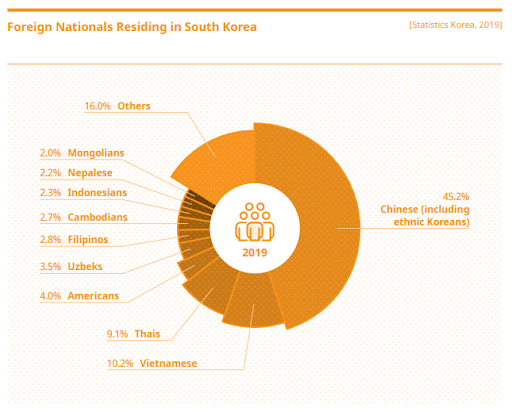
However, besides the cultural diversity that South Korea has, Squid Game displays it’s true intentions of presenting corruption that lies within the things around everyone. From the beginning of the series, Gi-Hun is introduced as a unique main character who lives with his mother where he constantly steals her money to fuel his gambling addictions. Gi-Hun isn’t the traditional main character like Superman, he stems from a root of gambling addictions and being careless with money. From the start, Gi-Hun is hunted down by his loan sharks who make a threatening remark if he does not fulfil the compensation for them. Further along, Gi-Hun is eventually greeted by one of the many well-dressed people, who work for the dystopian game in recruiting contestants. He challenges Gi-Hun in a friendly match of Ddakji, a game where each person is given a folded paper tile and attempts to flip the other person’s tile. After a consistent losing streak, Gi-Hun finally wins his prize along with a card with a number that leads to the registration of a competition where it promises “boundless wealth”. In desperate need of money, Gi-Hun doesn’t hesitate and registers himself up.
Many other people that are in the same position as Gi-Hun also join the competition, a total of 456 contestants are present and are read their rights that they have obliged to after they have signed the consent form. The three rules state that: A player must keep playing, if a player refuses to participate then they are eliminated, and if there is a majority call to stop the game then the game will be terminated. In the competition, they are all considered equal and have an equal chance at winning. The competition consists of a gauntlet of 6 games with each getting more and more bizarre where only one victor will come out on top.
During the first game we are greeted with the first main issue of money and it’s dynamic influence in outcasting people from society. After the first game, “Red Light, Green Light”, is concluded, the contestants are finally aware of what “being eliminated” means as nearly half the contestants are gunned down. Stricken down with fear and PTSD after playing the first game of the gauntlet, this leads to a vote to conclude the competition. During the voting process, Player 332 states otherwise as he stresses that the game should go on, he states that, “I don’t have a home to go back to. In here I stand a chance at least, but out there? I got nothing out there!”. Ultimately, the vote is processed to conclude the game in a 101-100 vote and the remaining 201 contestants are returned back to their home. Upon returning to society, the contestants are met with their debts and problems that drove them to enter the competition in the first place. For instance, Gi-Hun, who is broke, is met with hospital bills from his mother who is a diabetic in intensive care. Upon return, Sang-Woo’s phone is exploded with messages regarding his embezzlement. Of the 201 contestants that were sent back, 187 contestants returned as they understand that they are practically banished from society with no other methods to salvage their free will to live. They live amongst themselves with problems that have rendered their lives useless and gambling their lives to revitalize their free will in life is their best attempt and ONLY chance to incorporate themselves with society again. Furthermore, the contestants have a similarity that the root of their problems stems from money being the main benefactor for them to join the competition. But then again, who wouldn’t do the same if they’ve been on the run from the authorities for embezzling millions of dollars.
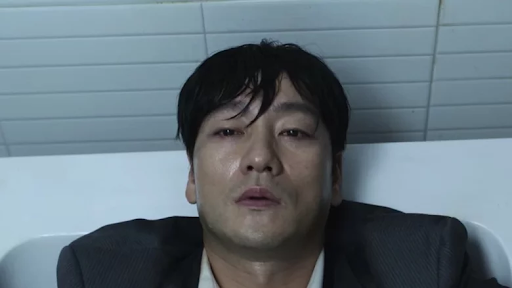
Netflix’s Squid Game
In addition to the proposal that money defines a person’s life, it also corresponds with the devious actions that a person conducts when under the influence of desperation and greed for money. Over the course of the series, Sang-Woo was the epitome of desperation and greed as he consistently performed devious acts of betrayal and selfishness to become the final victor. For example, Sang-Woo and Ali had developed a great bond to the point where Ali had no intentions to not trust Sang-Woo. Sang-Woo on the other hand thought differently as his eagerness to secure the prize was more important than friendship; he was a desperate man in hopes to clear his name from the government. Ali however, was known as a good boy because of his good manners and naïve personality that made him loveable for the viewers, Ali was like the little brother of the series.
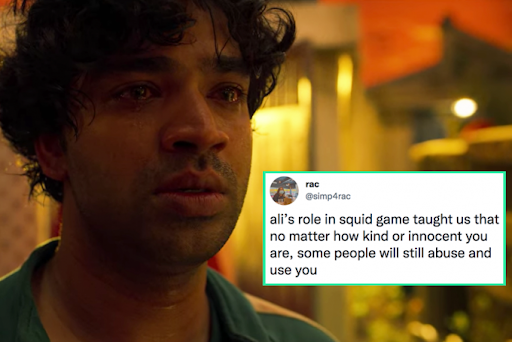
But, during the fourth game with the marbles, Sang-Woo and Ali unknowingly paired themselves together in hopes to work as a duo, but instead they were actually competing against each other. As Ali was nearly going to win, Sang-Woo, angry and desperate, proposed an idea where they could both win together, however this was Sang-Woo deceiving Ali. With sleight of hands and communication skills, Sang-Woo was able to replace Ali’s marbles with rocks and stole his marbles and Ali unfortunately did not make it after the fourth game concluded. Squid Game portrays desperation and greed by using Sang-Woo as the main example as his monetary issues influenced his actions to betray Ali. But Squid Game also teaches the viewers through Ali that even when you are good-natured, it also makes you vulnerable for betrayal and for people to abuse your kindness.
Furthermore, Squid Game contributes to the authority that money holds in society and how it defines a person’s life. However, it also proposes the similarities between the two different wealth groups. Through the dreadful games, Gi-Hun fought his way through the gauntlet and rose as the victor. But from the get-go, the absence of the orchestrator of the game remained a mystery, but finally, the end introduces a massive plot twist when Gi-Hun finds out that the old man, Il-Nam, was behind it all. Through the competition, they had both developed a father-son relationship during their time together. During the fourth game they faced the same situation as Ali and Sang-Woo. Here, Gi-Hun paired with Il-Nam and won the fourth game and we had assumed that Il-Nam was shot on sight after losing, but it turned out this wasn’t the case. A couple years later, Gi-Hun received another card to meet with a stranger at a fancy apartment.As Gi-Hun entered in confusion he saw an old man in the corner of the room on his deathbed, it was Il-Nam, who was on his last breath. Gi-Hun was confused and angry, as Il-Nam explained to him, ¨Do you know what someone with no money has in common with someone with too much money? Living is no fun for them,¨. Through the creation of the game, Il-nam was able to live through the lives of being rich and poor. He was a wealthy man who no longer had any desires that would please him which led to the creation of the game where other wealthy people could join him and watch his iteration of The Hunger Games as people in debt killed each other to reach boundless wealth. From Il-Nam’s character we were able to see the meaning of money doesn’t buy happiness in addition to also captivating the idea that money can define a person’s identity.
Nonetheless, just like the director of the show, Hwang Dong-Hyuk stated, “the show’s narrative that we live in, reflects the competitive society that we live in”. But, even when Squid Game is a dystopian fictional show, it integrates the diversity of South Korea by implementing a diverse range of characters that represent the nation. However, Squid Game also disguises itself as a reality check as it teaches the viewers life lessons through its characters of Sang-Woo, Ali, and Il-Nam along with criticizing the problems that money brings that lay the foundation of corruption within the world. Squid Game is nothing more but an intricate proposal that money is the root of the many, if not all, the problems that lay within society.

























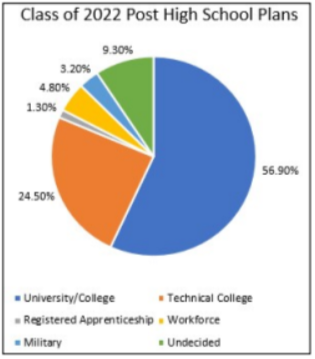
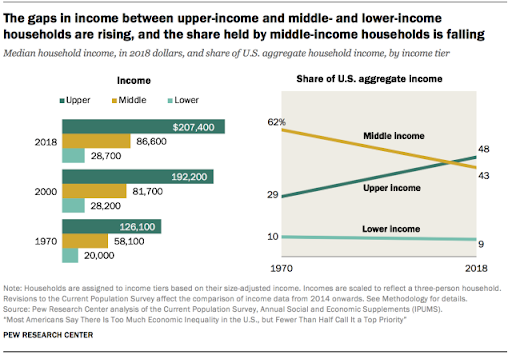







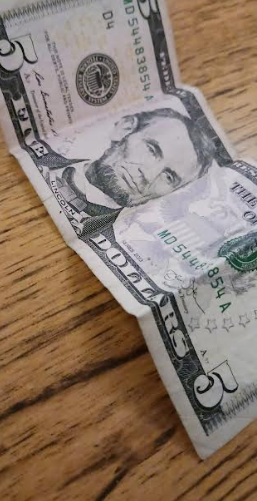




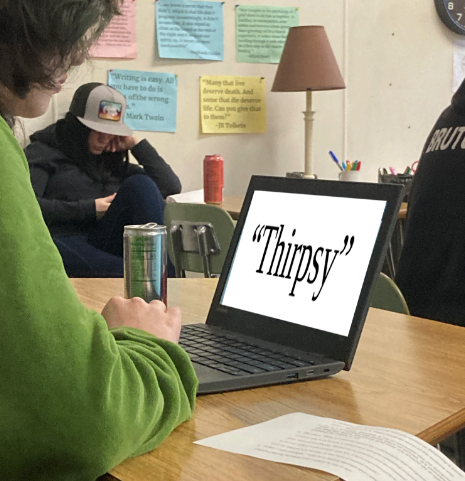







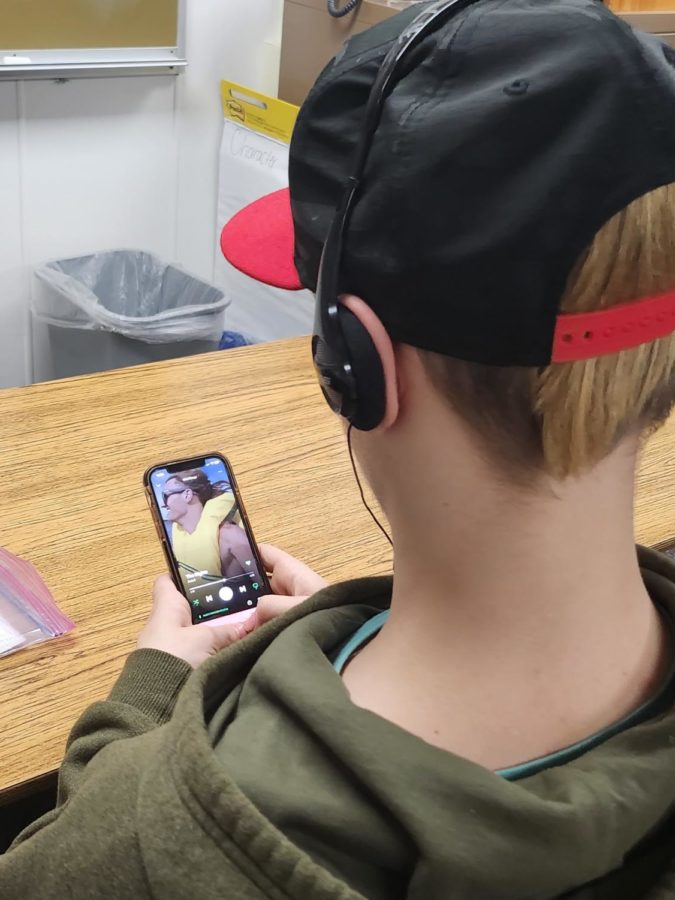













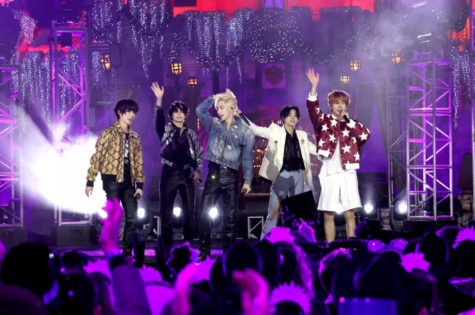
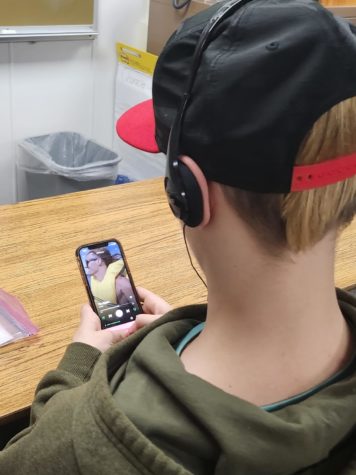




Dylan Nagorski • Nov 8, 2021 at 7:51 AM
One thing I enjoyed while reading this article was the background information. I liked how you started off with talking about a lot of background information about what the game is and how it originated. I also liked how you really went in depth about what happened. If i didnt watch the show then I would have learned a lot more about it from this article because of the good information.
Alyssa Olson • Nov 5, 2021 at 11:09 PM
As a fan of the show I like how you describe each character and their traits and how it related to the overall theme of the show. I have learned a lot about how the show portrays Korean society thanks to this show and your review.
Candela Francoso • Nov 5, 2021 at 1:30 PM
It is a really good review. I think that he did a really good analysis of the real meaning of the show, and why the importance of the money in the show wants to tell us. Also, i think that talking about the diversity of the show was a really good idea.